Description
RECOMMENDED USE: Read all of the information below!
- This material IS washable for a dozen or more uses, but high heat can melt it. Washing in cold/warm soap and water and air drying is ideal.
- Polypropylene is perfect as a replaceable filter layer in pock-style masks. It helps stop particle spread much better than woven cloth.
- Polypropylene should not be sewn into masks being donated, as the sterilization process will melt it.
WASHABLE
Hand wash in cold/warm water, line dry. Can be machine washed on low heat, launders best when sewn in between layers of stabilizing fabric such as cotton.
ANTI-MICROBIAL
Like other synthetic fibers – nylon, acrylic and polyester – polypropylene fibers are not attacked by bacteria or micro-organisms; they are also moth-proof and rot-proof and are inherently resistant to the growth of mildew and mold. IS NOT ANTI-VIRAL
ENVIRONMENTALLY RESPONSIBLE
Recyclable, ecologically friendly. Incinerates to trace ash with no hazardous volatiles.
EFFECTS OF HEAT
The melting point of polypropylene is about 165°C with a maximum processing (softening) temperature of approximately 140°C. Prolonged exposure to elevated temperatures will cause degradation of the fiber, but anti-oxidants are incorporated in polypropylene fibers to protect them during processing and at normal service temperatures. Nevertheless, this temperature is sufficiently high to enable the fiber to be processed satisfactorily in almost all normal manufacturing processes. The lower softening temperature is of little consequence in service except that, when ironing, it is necessary to control the temperature so as not to exceed 120°C.

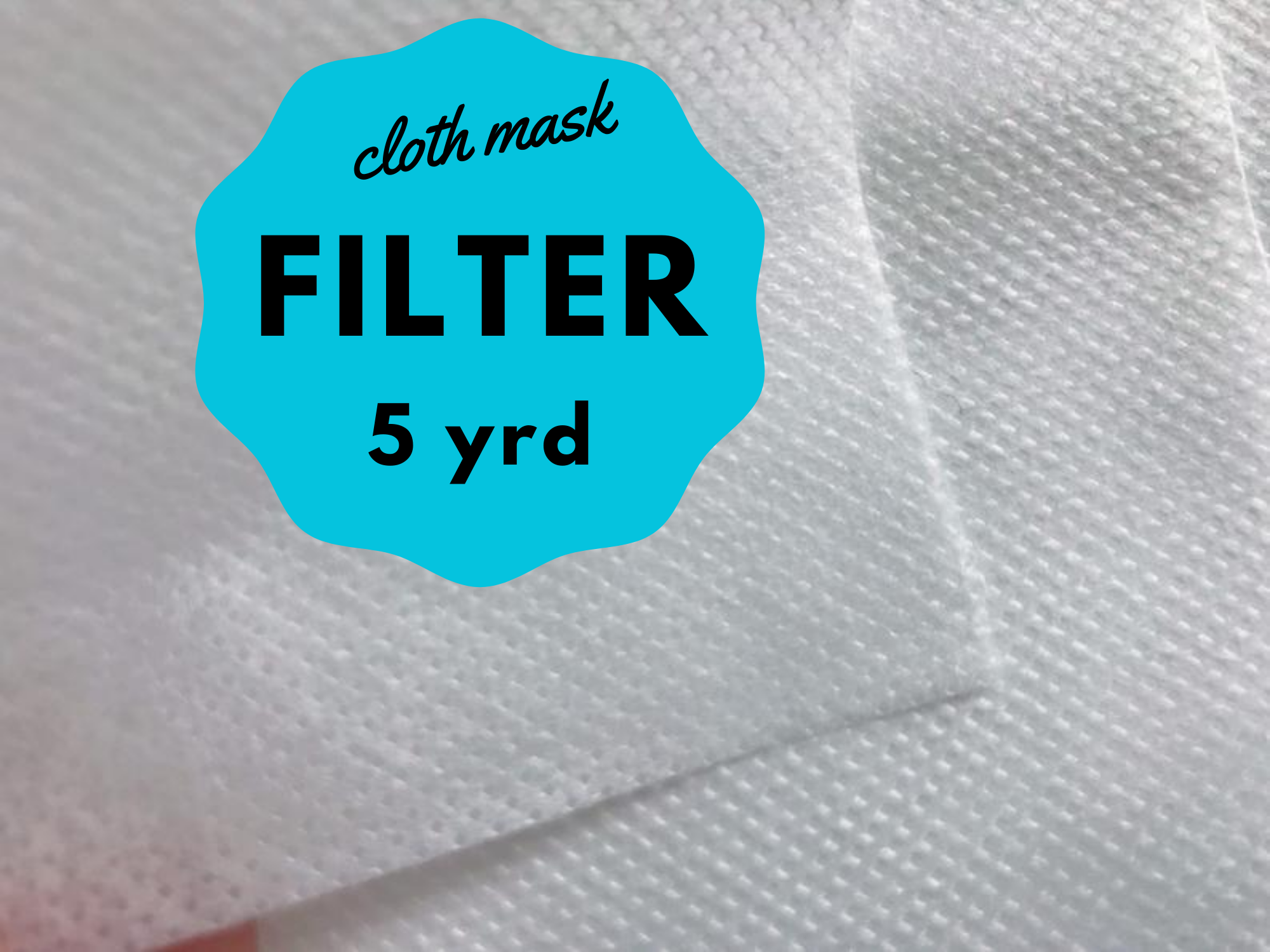
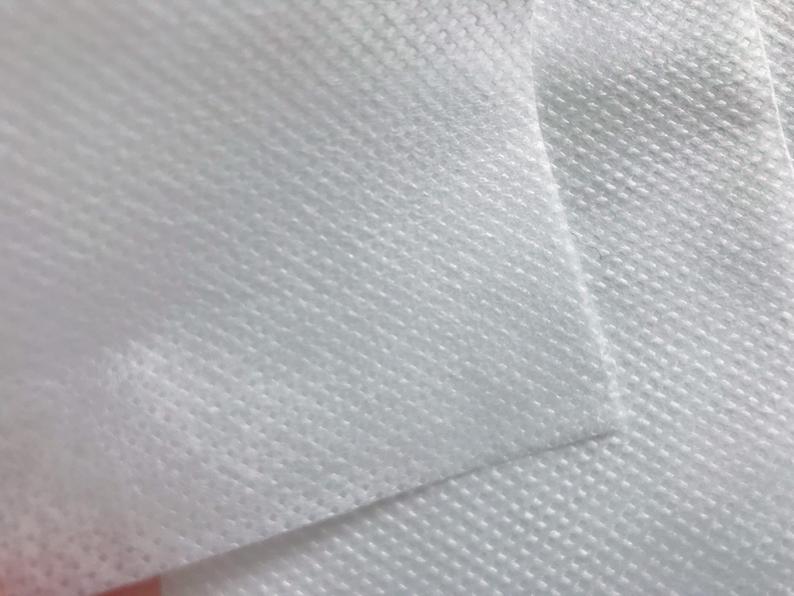
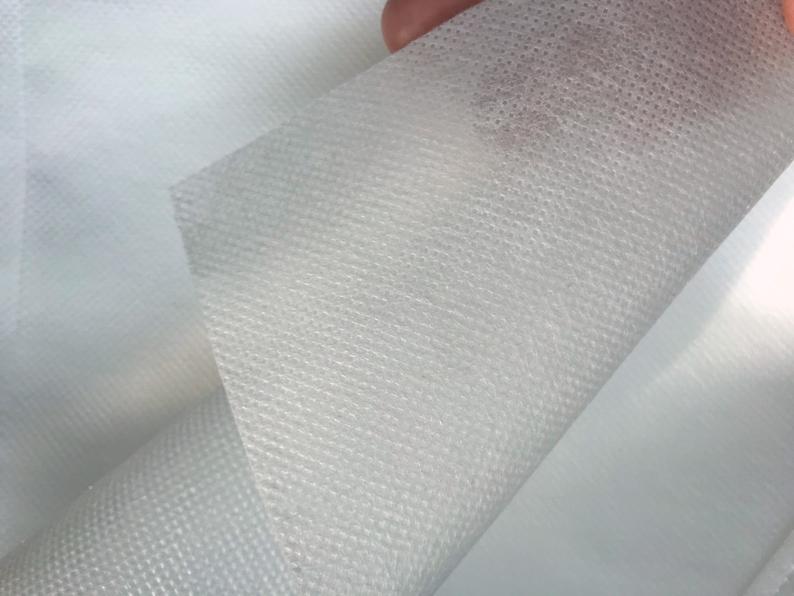
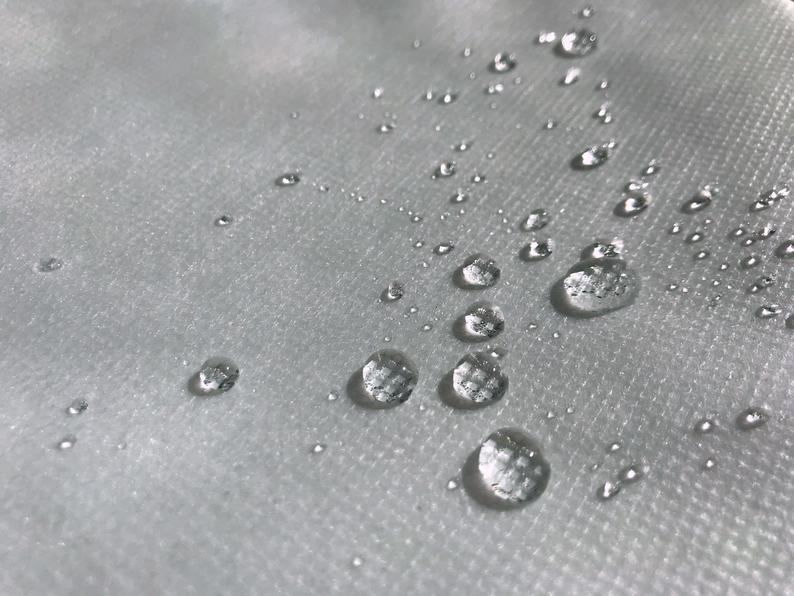
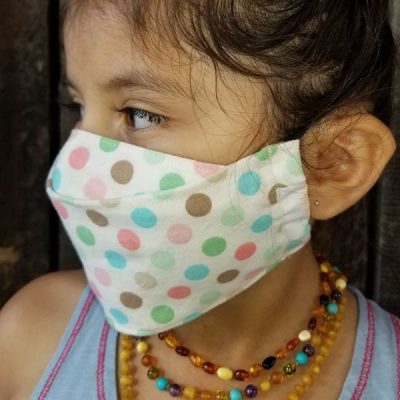
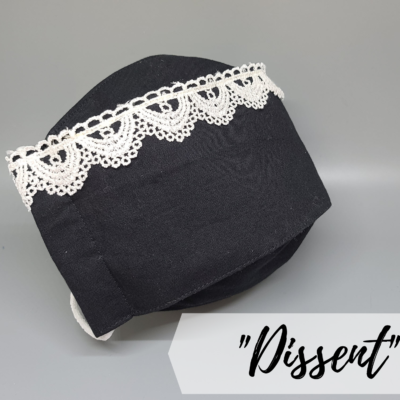
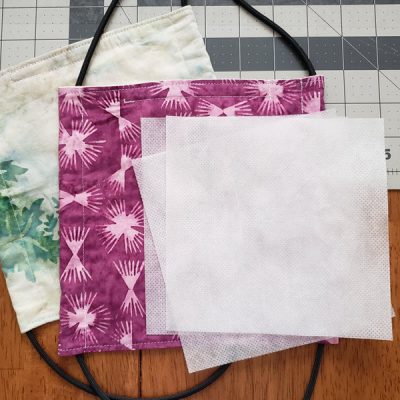
Reviews
There are no reviews yet.